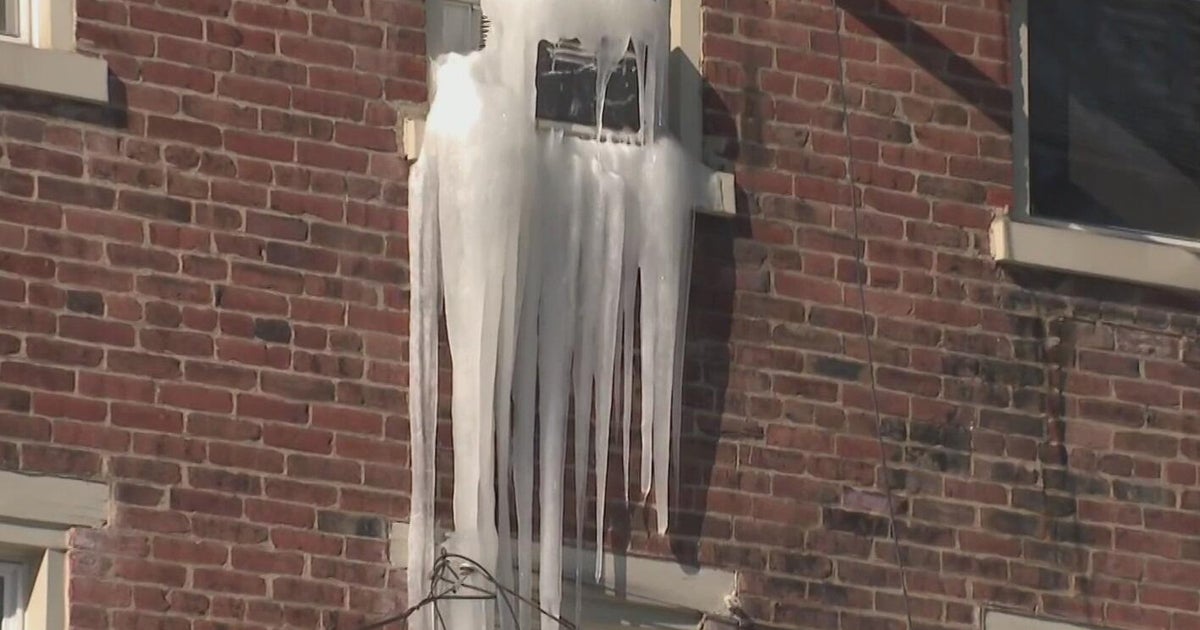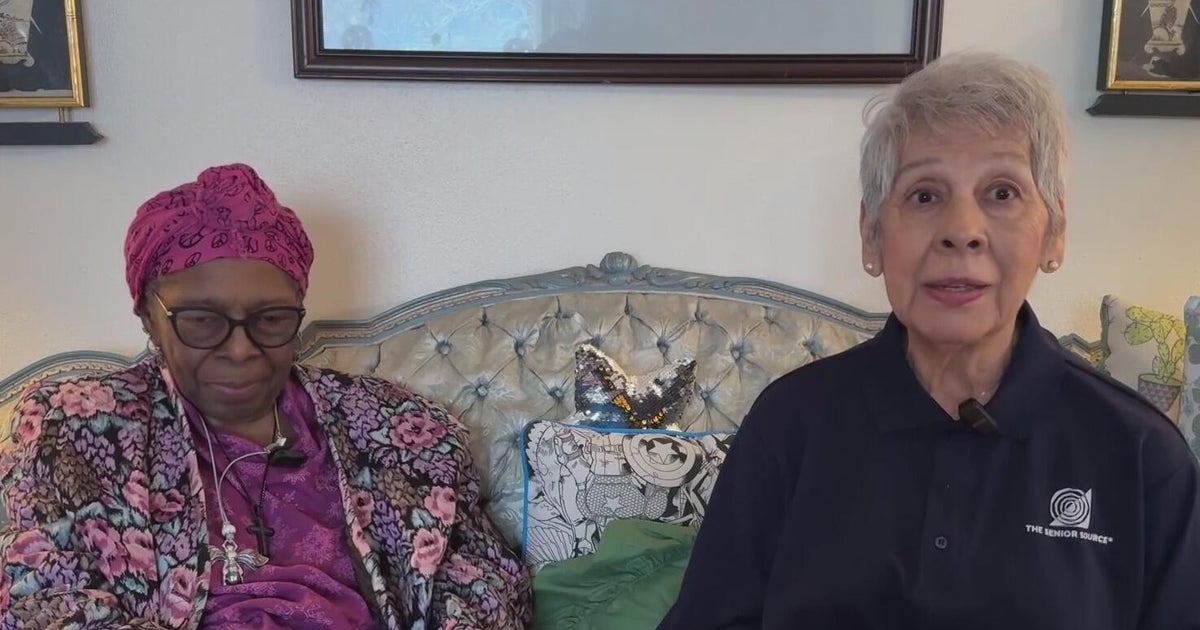Protecting your documents and electronic valuables before a storm
The toughest thing to lose in a storm are the things you can't replace like photos and important documents.
Unlike a normal storm we deal with In Southern California, hurricanes and tropical storms pack a lot of wind and often, a storm surge. This force of nature has the potential of opening up your house and car and destroying everything inside. So how do you protect the things you can't replace?
Pack it smartly.
A common mistake people make is to put their belongings in a cardboard boxes. The only problem is hurricanes are traditionally wet storm. Which means, when the box gets wet, so does all your belongings.
The better option is to get a plastic container. You can get something large at the local Target or Walmart to put your desktop computer in. Or if you are just looking to store documents get something small at your local grocery store. Either way you want to make sure you get a lid so it is airtight and water tight. And if you don't have time to go to the store you can always pick up some Ziplocs out of your kitchen. Put you documents inside and make sure you seal it closed.
Perhaps the best way to protect your computer and everything on it may be to put it in a cloud. "The cloud is really just another name for the Internet," Rick Socarras of BlueTech IT explained. Socarras helps mostly commercial clients setup their computers on cloud services to keep them up and running. He explained to us the service can be invaluable for the average homeowner. Essentially you are making a backup of your hard drive over the internet. The files go to a safe and secure data center. So no matter what happens to your computer you can always go online on another computer and be back up and running.
"You are always able to restore all your important documents from those backups. You can connect via the web, a web interface, or depending on the service some people actually ship you a disk with your information on it." Socarras said.
The typical backup takes at least a few hours. Backing up an entire computer might take days. With just a few clicks the transfer takes place and the cost can't be beat.
"For home users its actually quite economical. It really depends on how much data you have. There are some providers that will give you two gigabytes free backup," Socarras said.
That's about 500 songs, 500 to a thousand photos, or thousands of documents. For a few bucks you can back up your entire computer. The main thing you understand is if the house goes away, the laptop goes away, all your documents, your music, your photos go away.... and it doesn't matter?
"It doesn't matter. You can always recover it. Because it's going to be here," Soccaras said.
If you would like more information on cloud backups check out the following links. Both offer free services as well as low cost backups.
http://www.idrive.com - free
https://www.microsoft.com/en-us/windows/ - up to 25GB free







